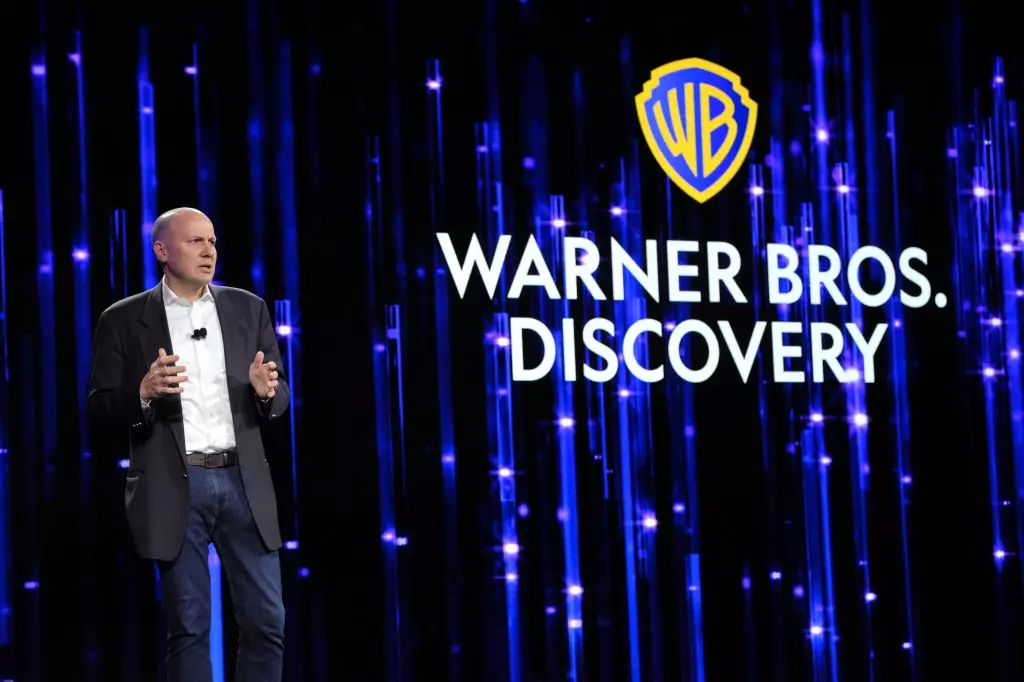As the entertainment industry undergoes a profound transformation, traditional distribution models face increasing scrutiny. Streaming has disrupted the long-standing practices established by pay television networks and cable providers. A critical question arises for Warner Bros. Discovery (WBD) as it prepares to expand its flagship streaming service, Max, into the UK, Germany, and Italy. As the company transitions from previous distribution methods, it raises the possibility of new partnerships that could redefine viewer access to HBO’s extensive content library.
During the recent Wells Fargo TMT Summit, JB Perrette, WBD’s CEO of streaming and games, hinted at a potentially advantageous partnership with Amazon to drive the distribution of Max in Europe. This pivot suggests an embrace of contemporary sales strategies, as the company acknowledges that relationships with established distributors like Sky are becoming increasingly complex. While Sky has historically played a vital role in delivering HBO content to European viewers, the expiration of their existing agreements in the coming year poses a significant challenge. By aligning with Amazon, WBD may not only capture a tech-savvy audience but also leverage the platform’s aggressive growth tactics in streaming.
The saga of HBO’s international distribution has been ongoing since the launch of HBO Max under the AT&T umbrella in 2020. The partnership with Sky encapsulates an era where HBO thrived on bundled subscription services, but the streaming landscape is changing. As technology enables direct-to-consumer models, will traditional partnerships sustain their value? WBD’s relationship with Sky has experienced mounting pressure, attributed to the evolving nature of subscriber acquisition and retention strategies in the streaming era. The company’s consideration of various approaches, including a blend of direct distribution and reliance on established partners like Sky, reflects a strategic pivot reflective of broader industry trends.
Perrette cites the importance of Max’s “proof points” gathered from launches around the globe. This indicates an understanding of the nuances involved in balancing direct engagement with audience members and the benefits of a distributor’s established infrastructure. With Sky’s substantial existing subscriber base, it seems WBD recognizes that abandoning established partners may not be the best route. Leaving content only for direct distribution might limit viewer access and alienate loyal fans of HBO’s programming.
Ultimately, the future of HBO’s distribution strategies in Europe seems to hinge upon an experimental combination of direct-to-consumer offerings and enduring partnerships with platforms like Sky and Amazon. As both parties continue discussions, Perrette’s acknowledgment that “time will tell” reflects a prudent approach amidst uncertainties. The dual strategy may cater to a diverse consumer audience while keeping strategic relationships intact, ensuring that HBO’s content remains accessible and appealing to its fanbase in an ever-evolving marketplace. In this dynamic environment, adaptability will be crucial for HBO’s continued success on the global stage.


Leave a Reply